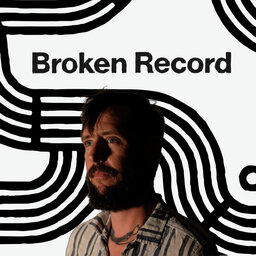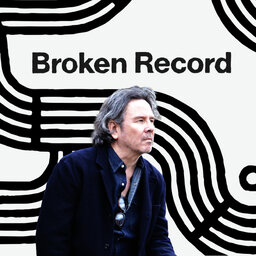Richard Russell on Building the Greatest Indie Label Ever
XL Recordings has released music from Adele, Tyler the Creator, MIA, Dizzee Rascal, Radiohead, The White Stripes, King Krule and many other beloved, boundary-pushing artists. Richard Russell has been with the label since its early days and at the helm since '96. He talks with Rick Rubin about the origin of their friendship, which dates back to the earliest days of XL, and how the label grew from a small electronic label into the greatest Indie of all time. Russell also talks about his career as a producer, which includes the last albums of both Gil Scott-Heron and Bobby Womack.
Richard Russell has a new album out under his moniker Everything Is Recorded, you can check it out here: https://xlrecordings.com/buy/everythingisrecorded-fridayforever
And to get his newly released book with traces the history of XL Recordings head to https://www.hachette.com.au/richard-russell/liberation-through-hearing.
Learn more about your ad-choices at https://www.iheartpodcastnetwork.com
 Broken Record with Rick Rubin, Malcolm Gladwell, Bruce Headlam and Justin Richmond
Broken Record with Rick Rubin, Malcolm Gladwell, Bruce Headlam and Justin Richmond


